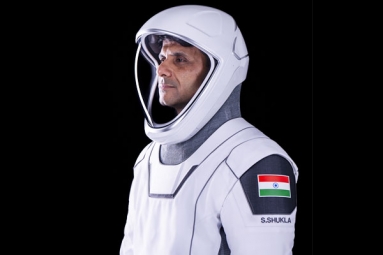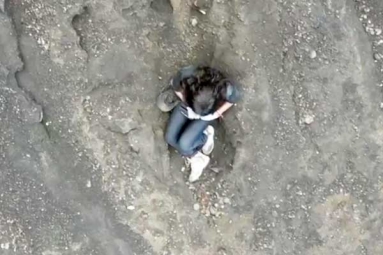
(Image source from: Canva.com)
After debating the drug for more than two years, the drug regulator has approved India's first eye drop that eliminates the need for reading glasses. On Tuesday, Mumbai-based Entod Pharmaceuticals launched 'PresVu' eye drops made with pilocarpine. This medication treats “presbyopia” which reduces the size of the pupil and helps people see nearby objects. Presbyopia is an age-related decline in the eye's ability to focus on close objects. The condition usually becomes noticeable in the mid-40s and worsens until the late 60s. Nikkhil K. Masurkar, CEO of Entod Pharmaceuticals, said that the drug starts working just 15 minutes after one drop and its effect lasts for the next 6 hours. If you apply the second drop within 3-6 hours of the first drop, the effects will last even longer. Until now, there have been no drug solutions for blurred vision or myopia, except reading glasses, contact lenses or some special surgical procedures in ophthalmology, ENT and dermatology.
From the first week of October, the prescription eye drops will be available in pharmacies for 350 rupees. This medication is indicated for the treatment of mild to moderate presbyopia in people between the ages of 40 and 55. Masurkar claims that the drug is the first of its kind in India to be tested on Indian eyes and customized based on the genetics of the Indian population. “Similar medicines are available abroad. However, these formulations have not been tested on Indian eyes, which are significantly different from Caucasian eyes,” said Mr. Masurkar. This product is sold only with a doctor's prescription. The company has begun training its sales representatives to inform and educate physicians on the use of its latest products. Masurkar explained that the company applied for DCGI approval in early 2022 and was asked to conduct Phase III clinical trials.
Of a total of 274 people, 82% had no side effects. The rest of the patients reported mild and temporary side effects such as burning or redness of the eyes, blurred vision and headache. “These were all temporary side effects that disappeared within a few days. If patients got used to it, there would be no problem. No disease stopped the study,” he said. Although the results of the study have not yet been published in a peer-reviewed journal, the company plans to conduct post-marketing surveillance at several major eye hospitals across India, including the All India Institute of Medical Sciences (AIMS) in New Delhi.









